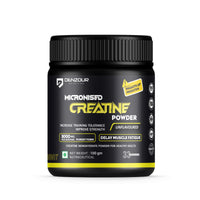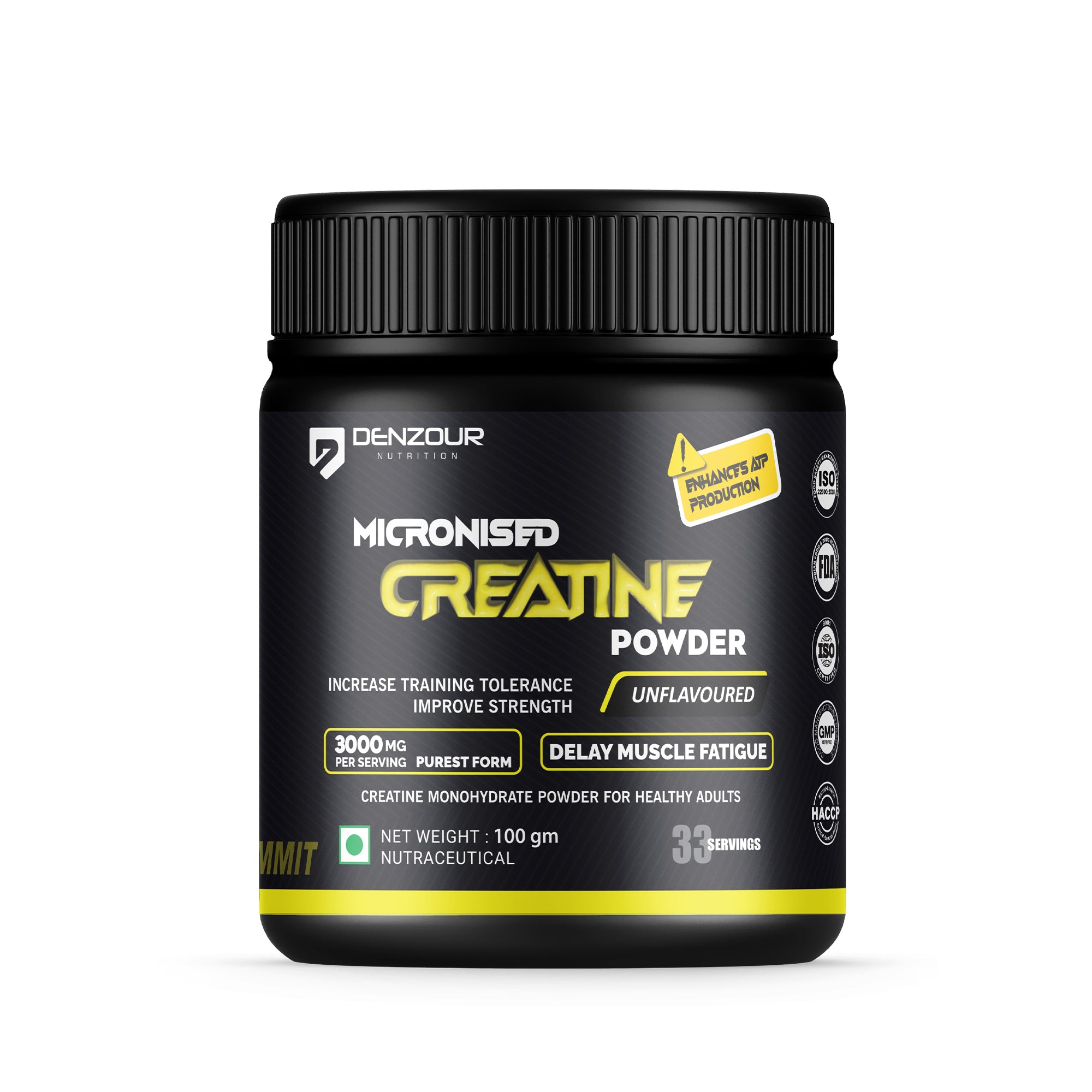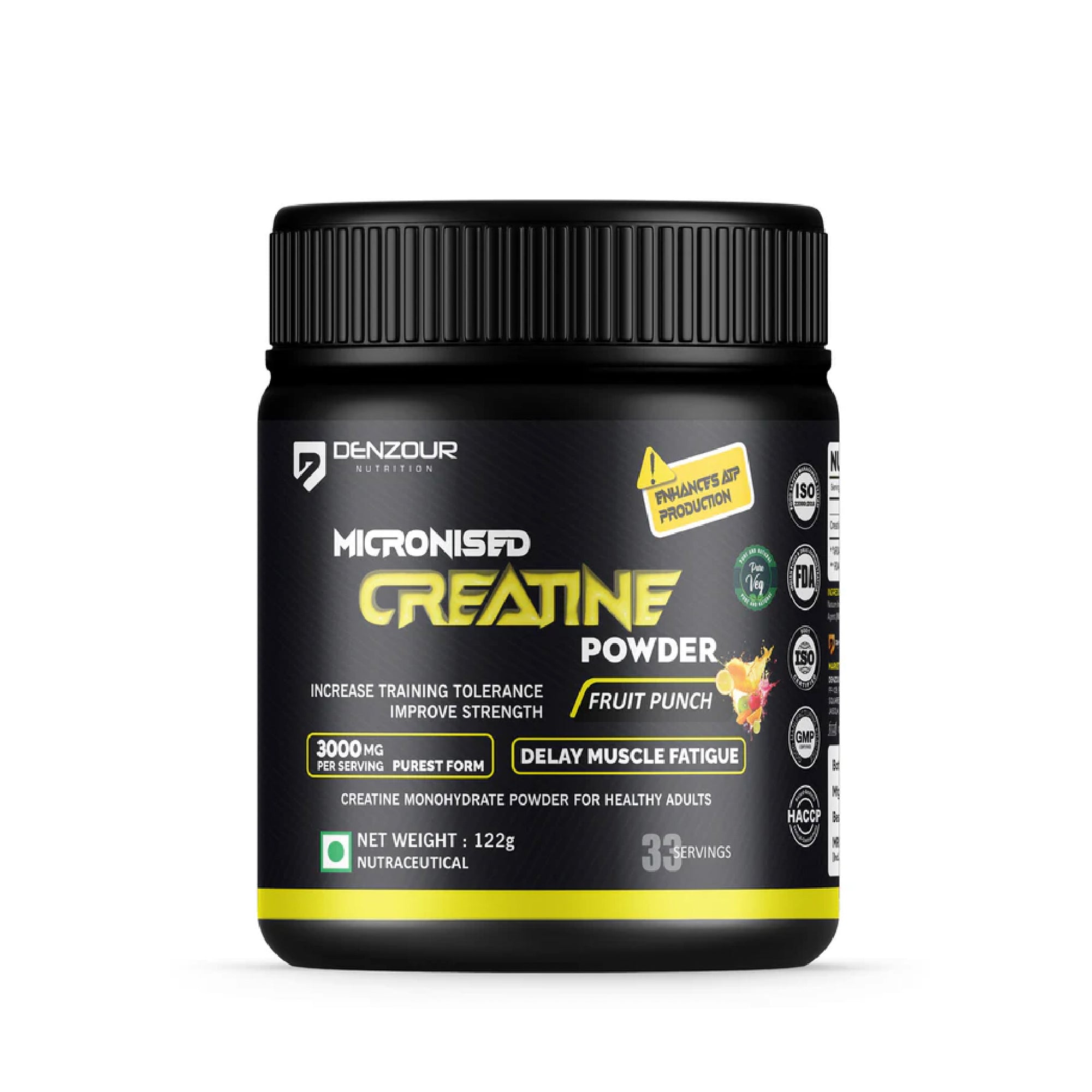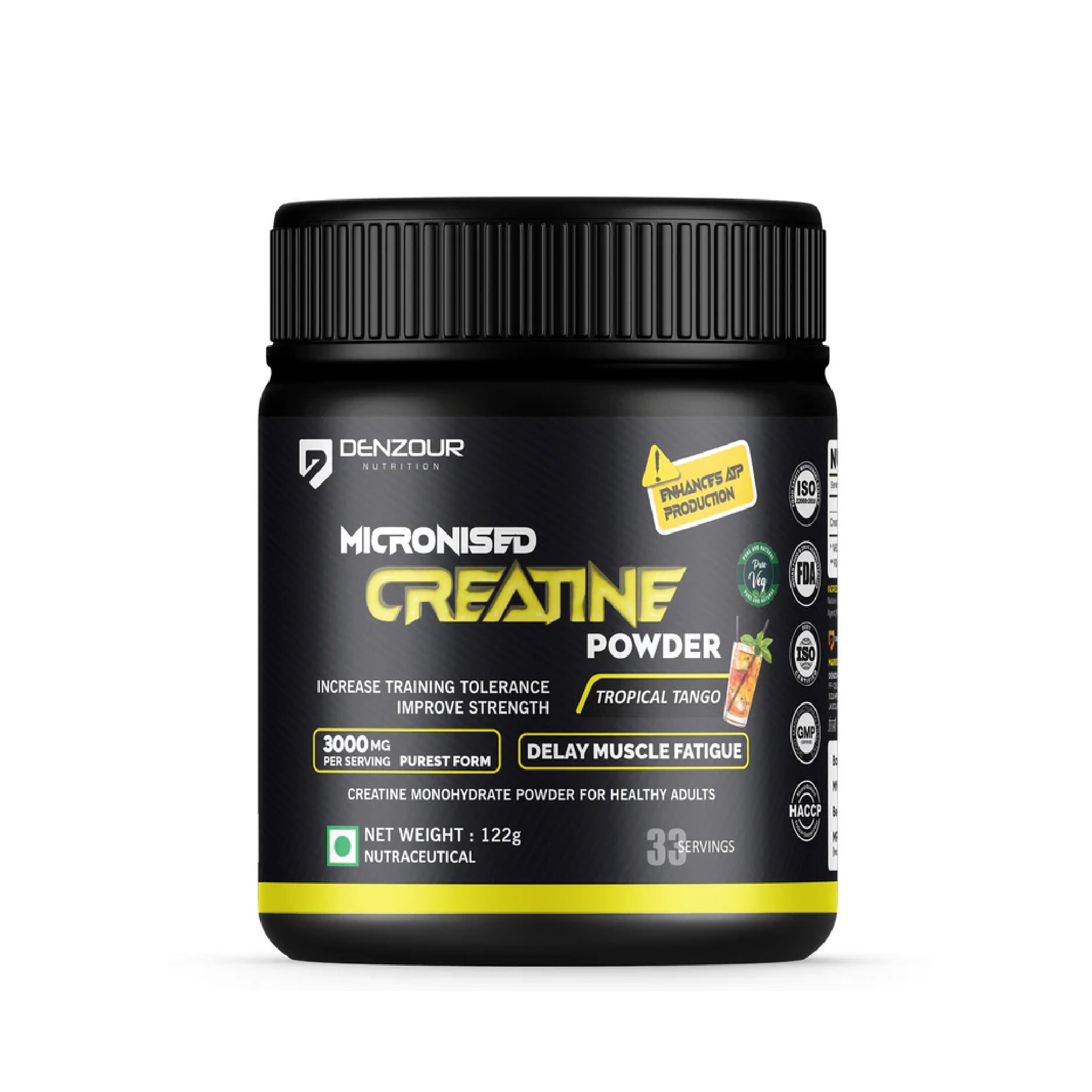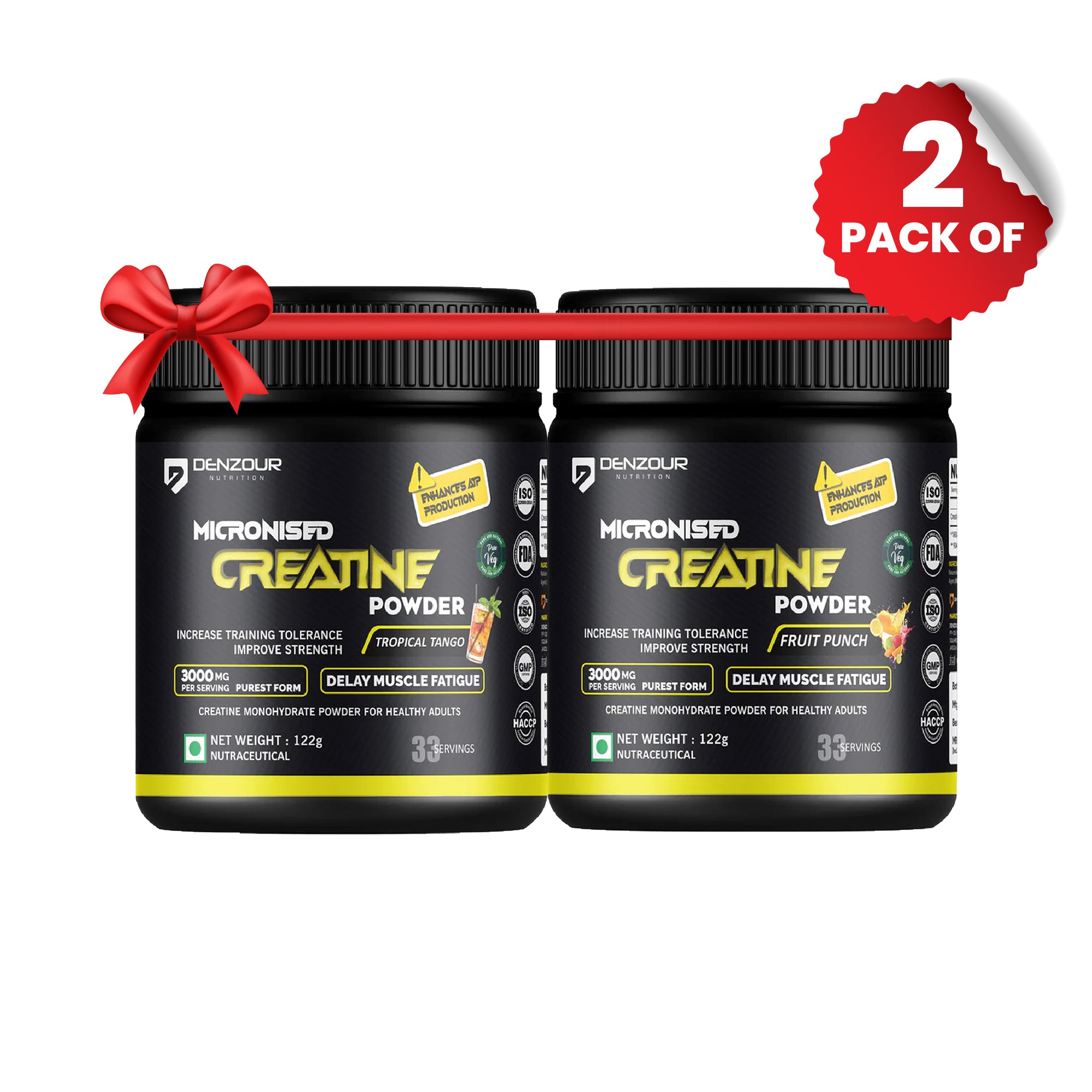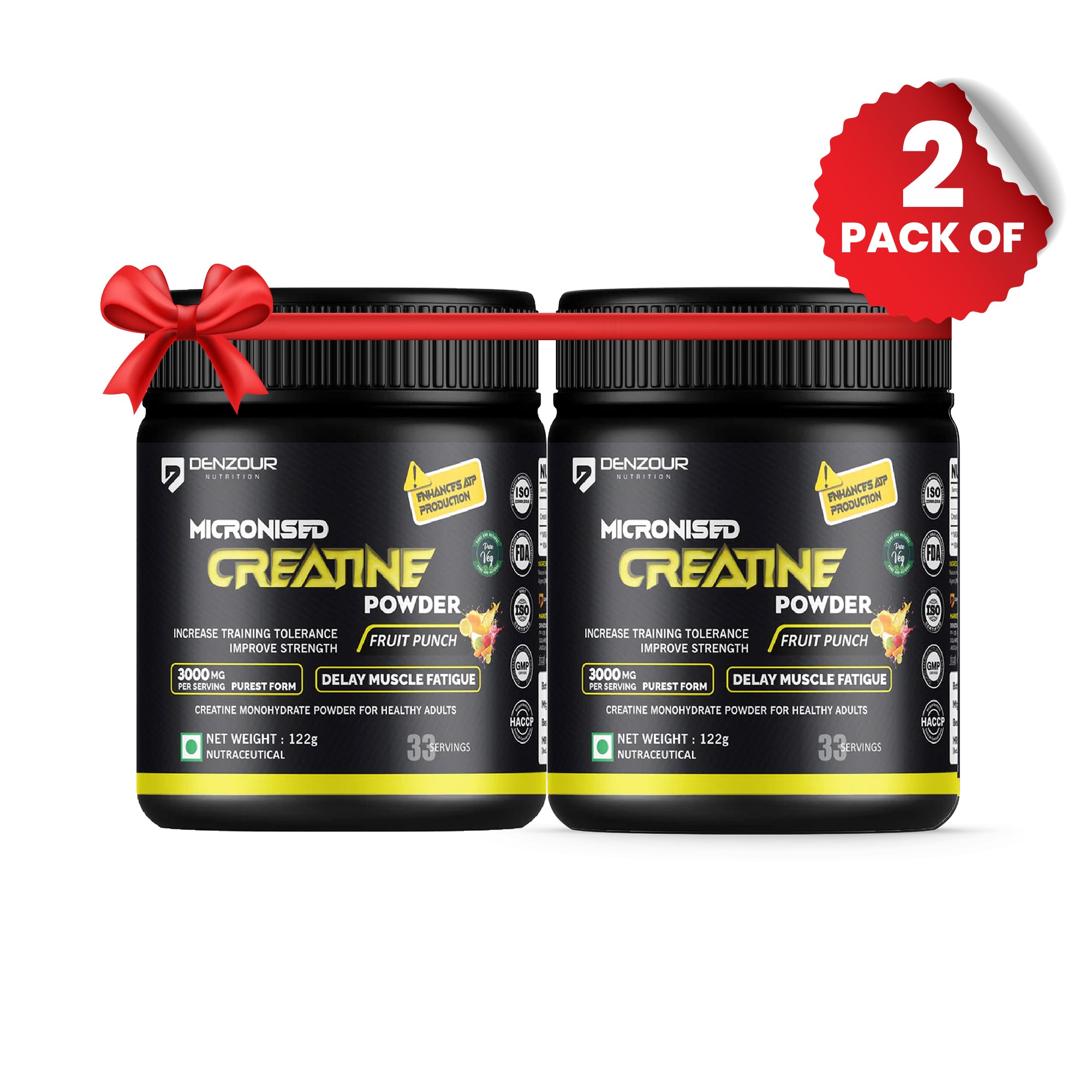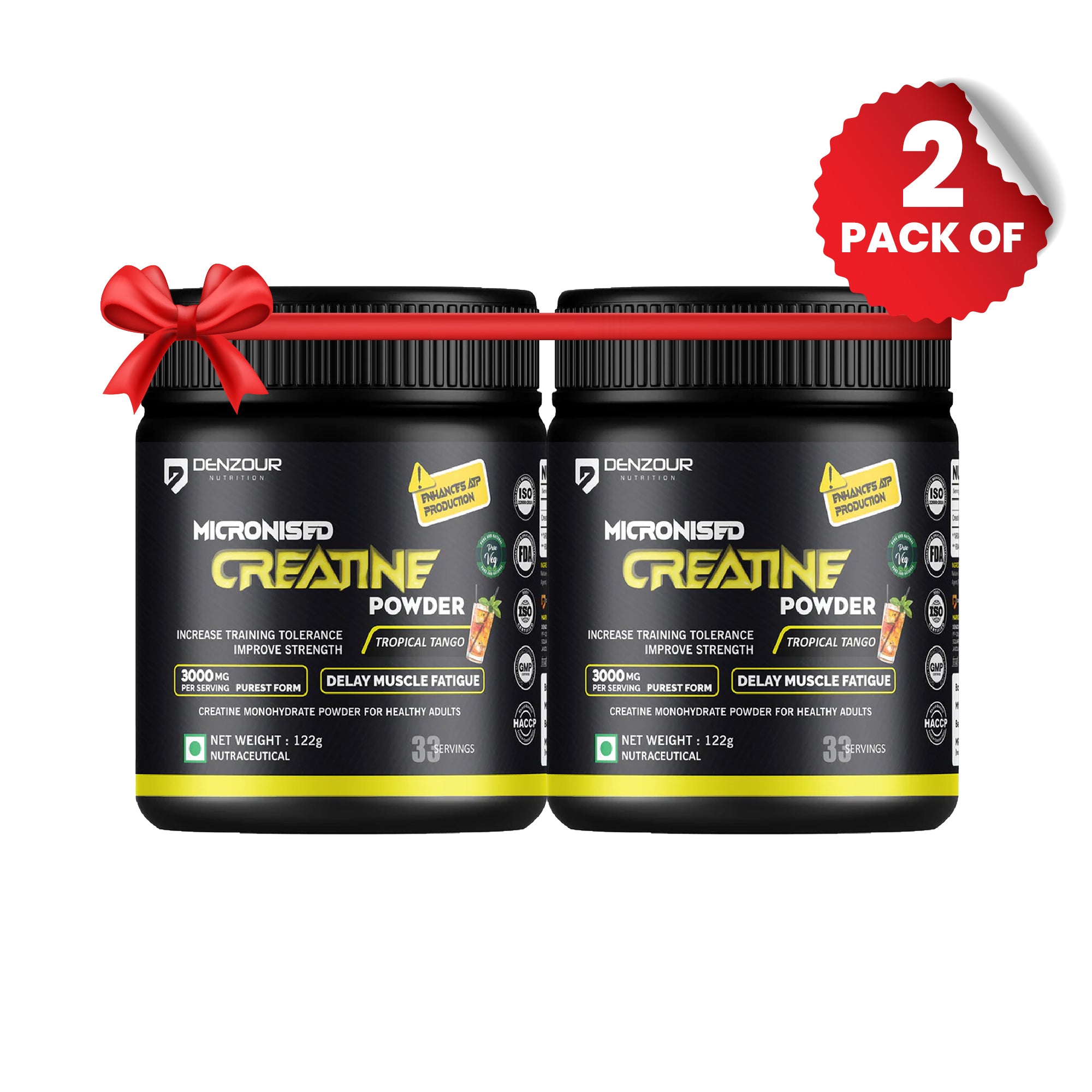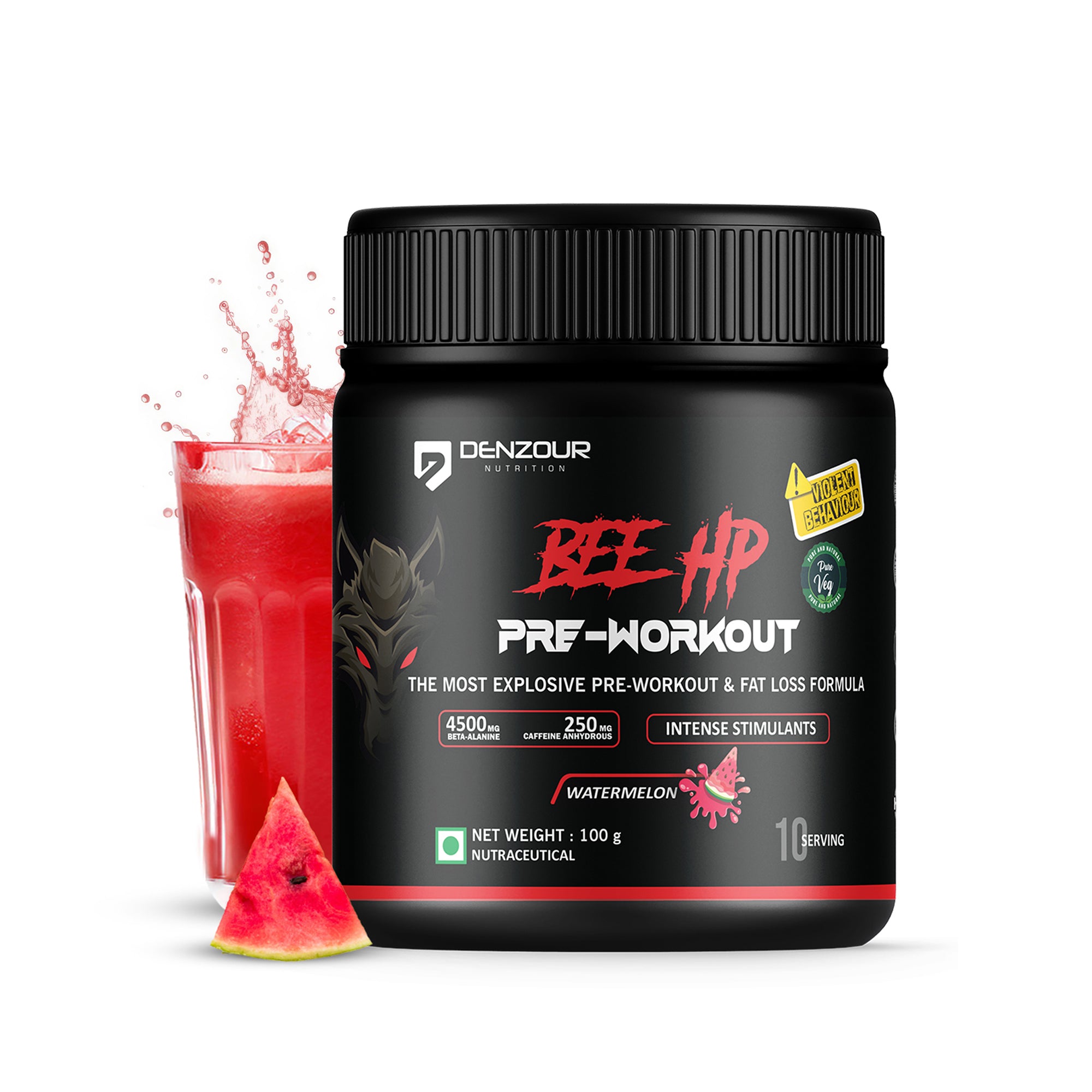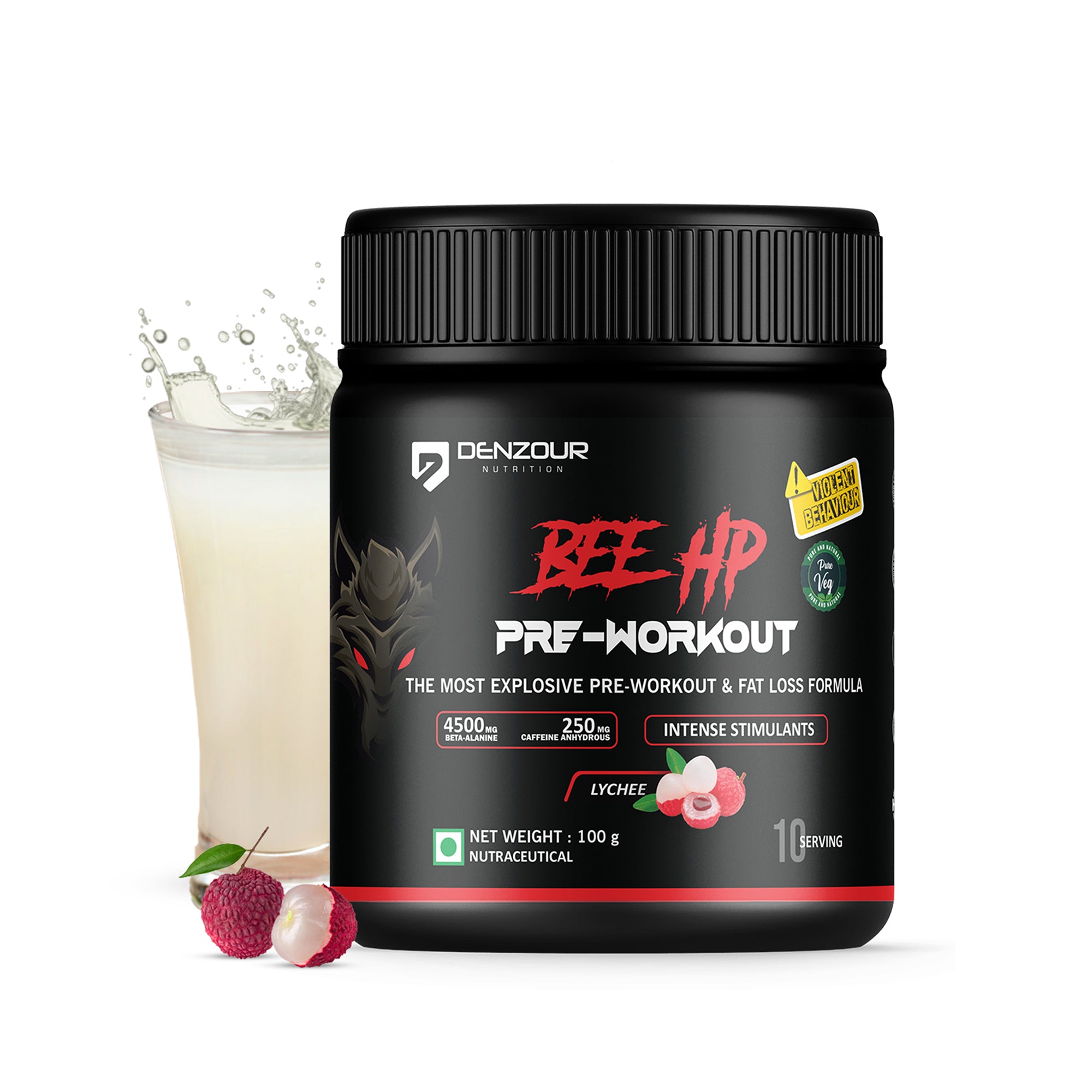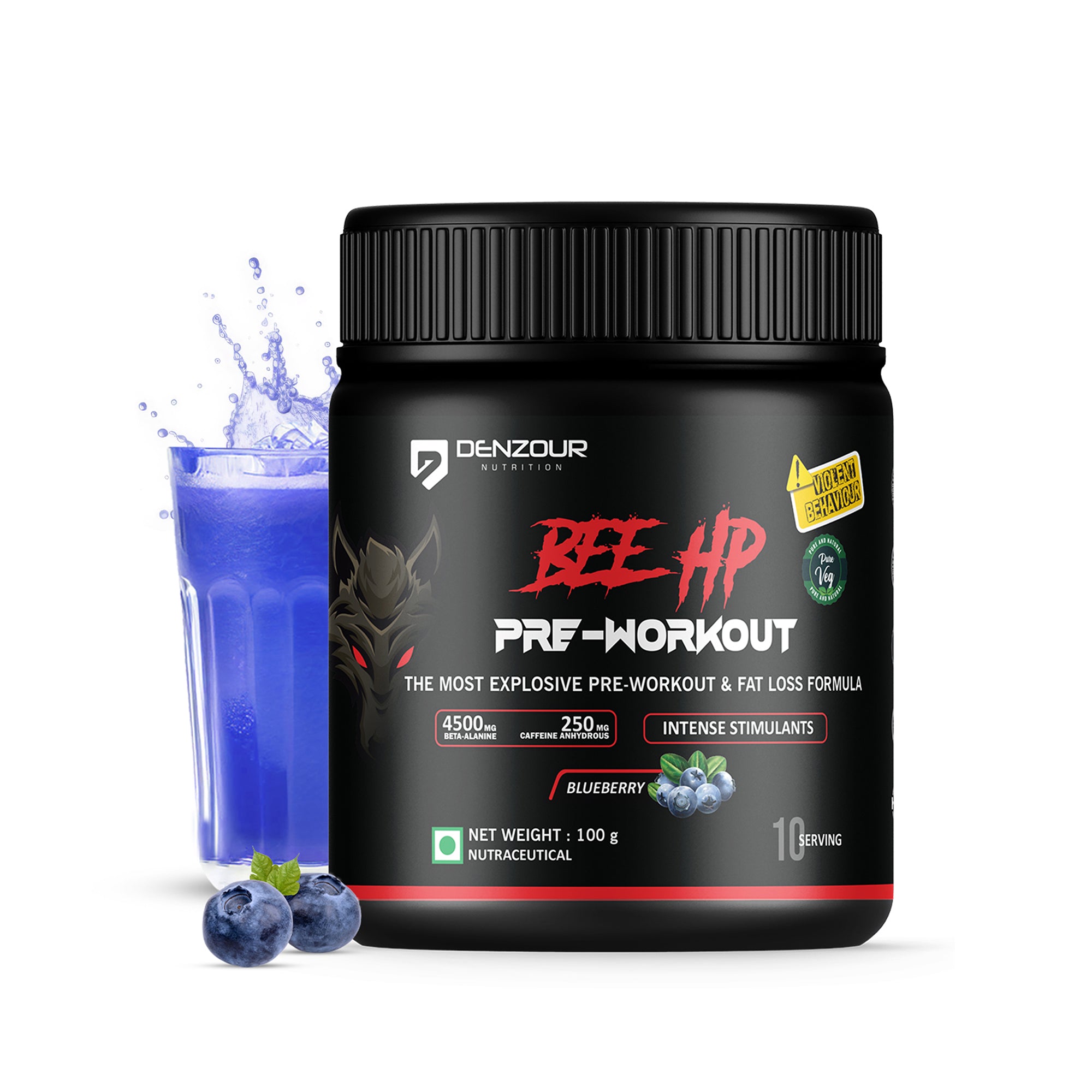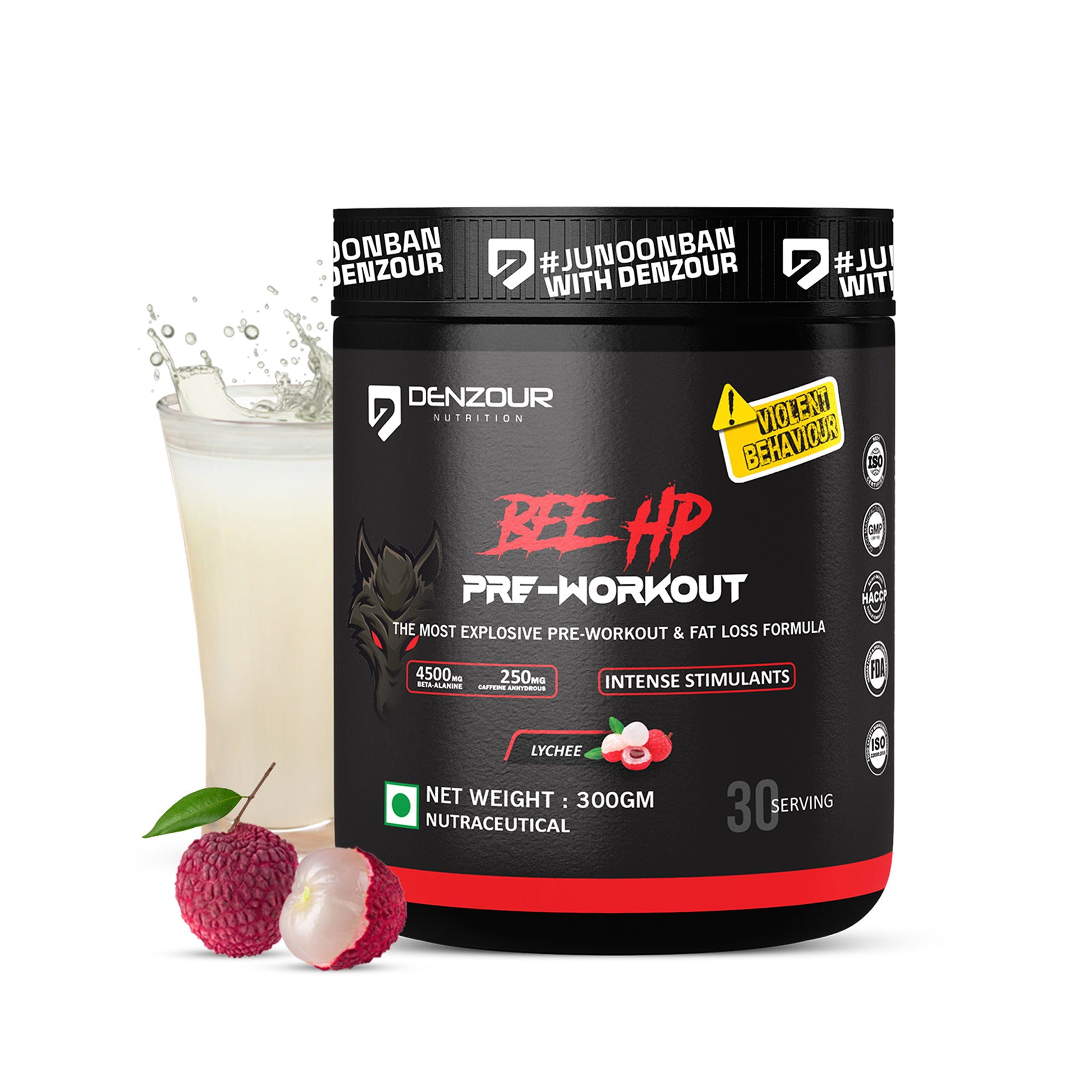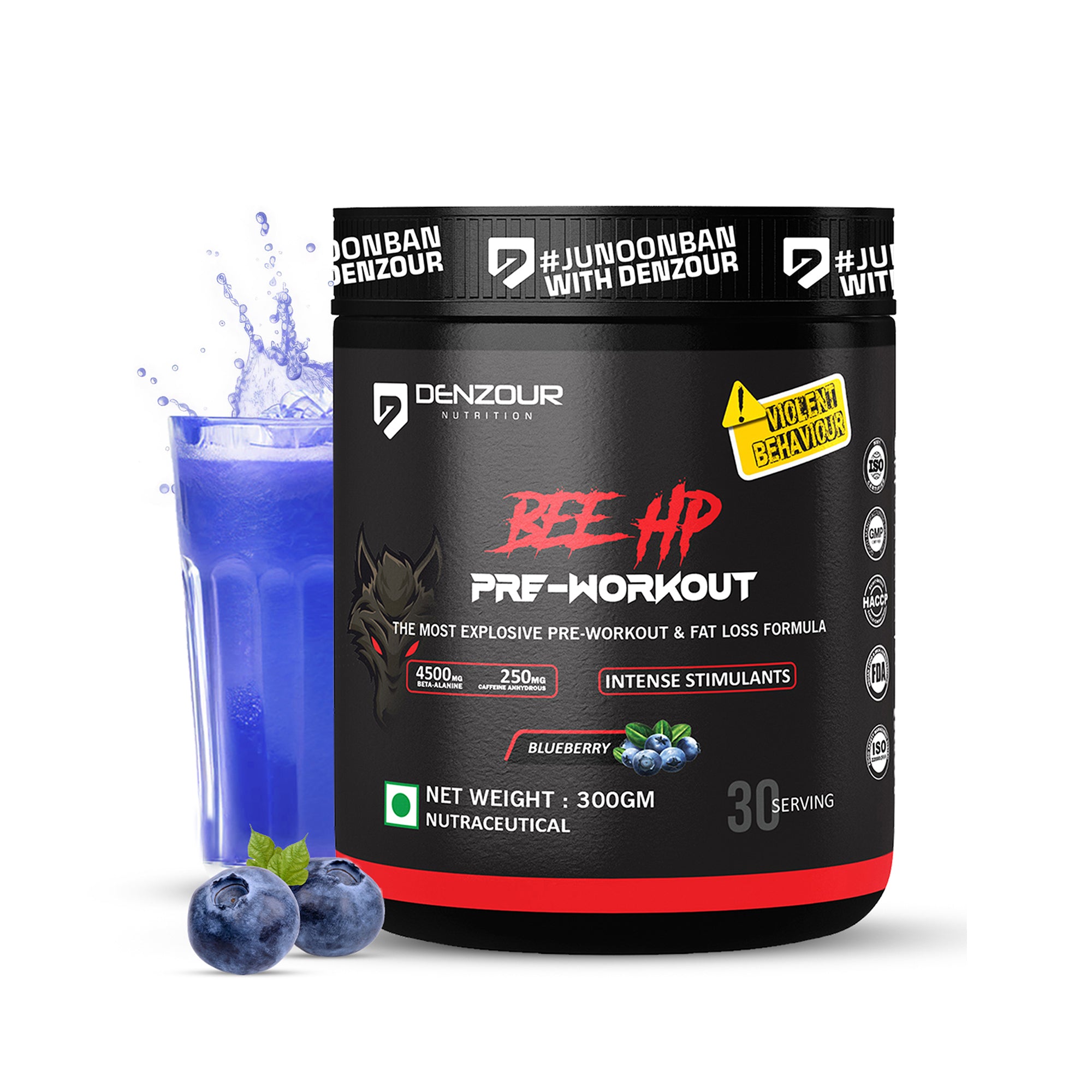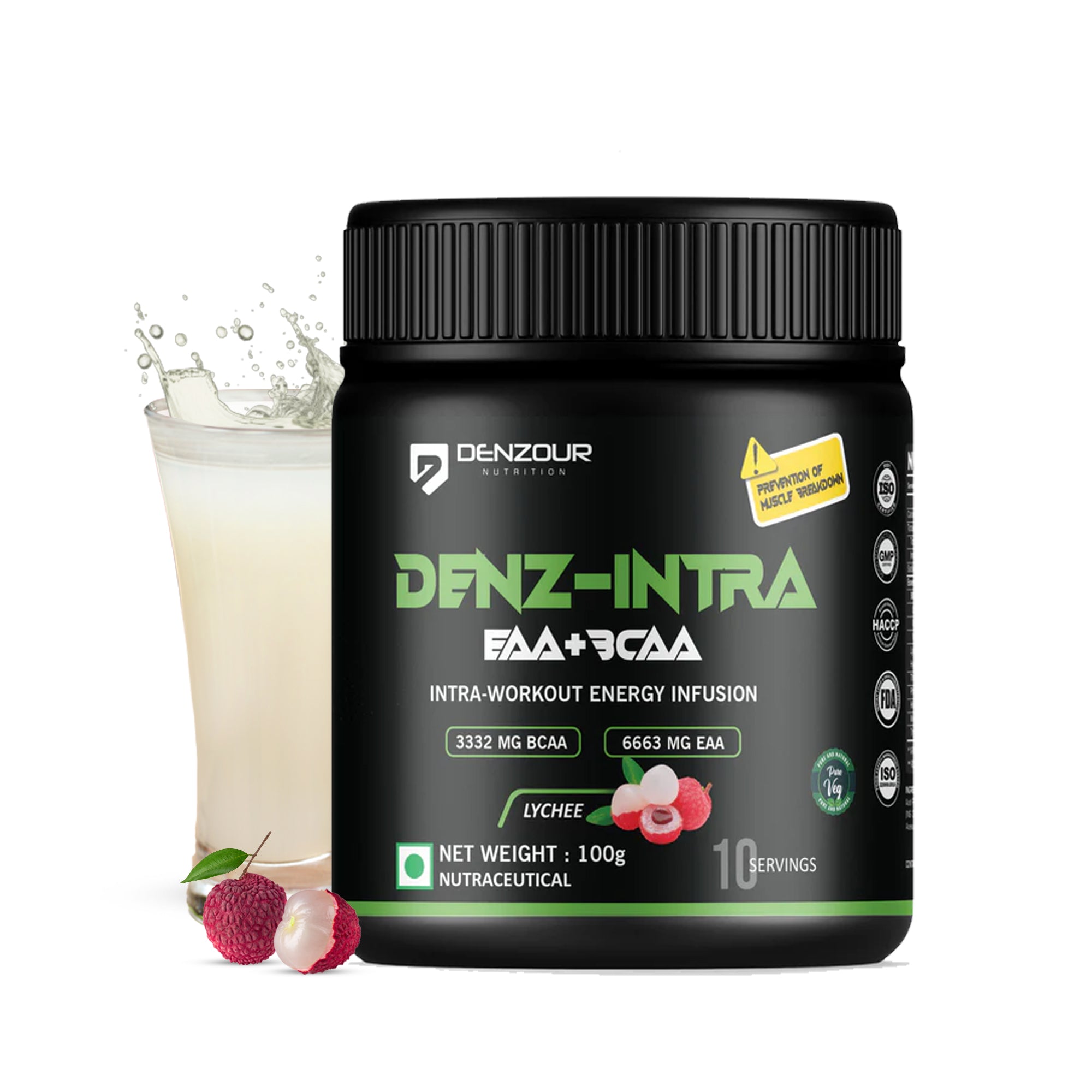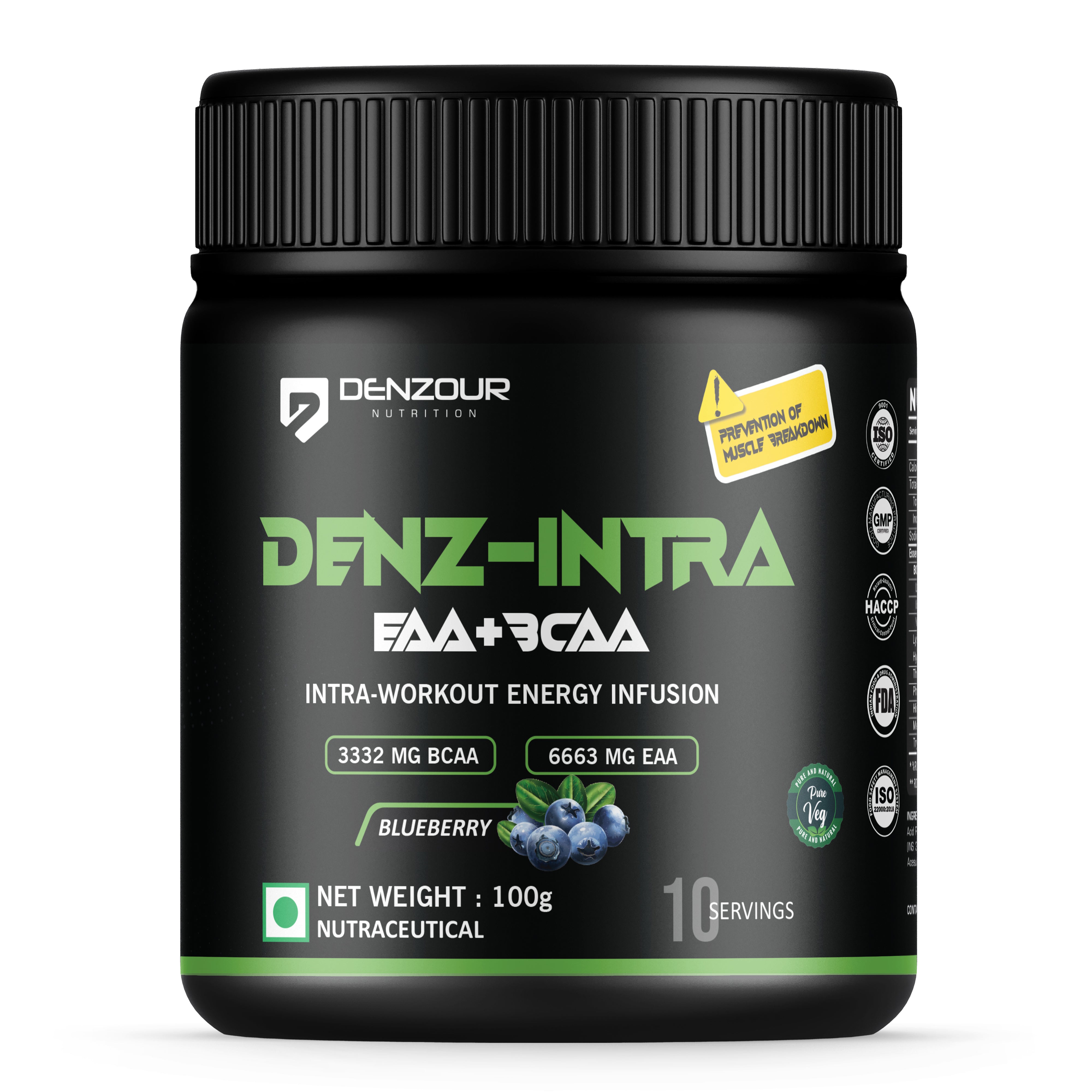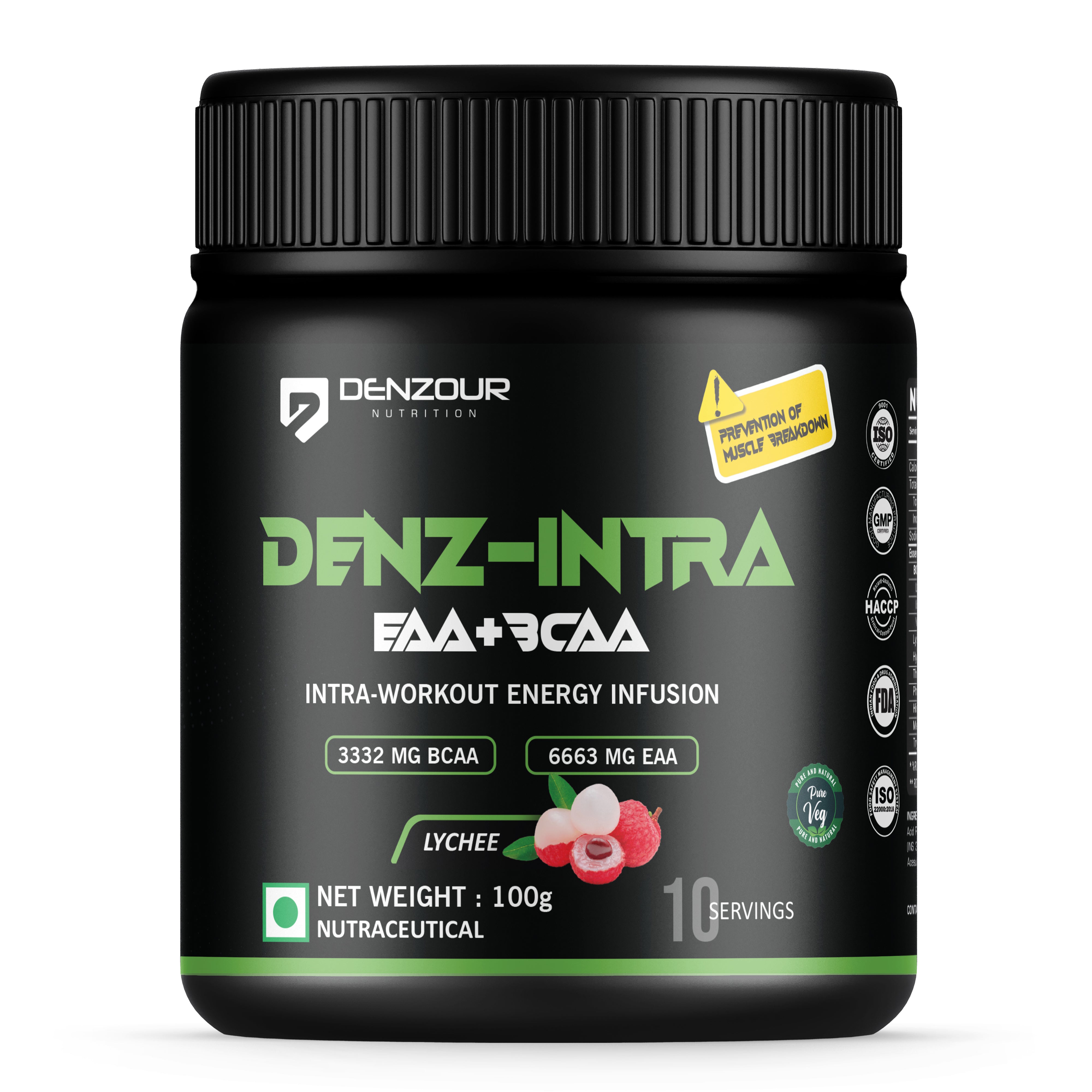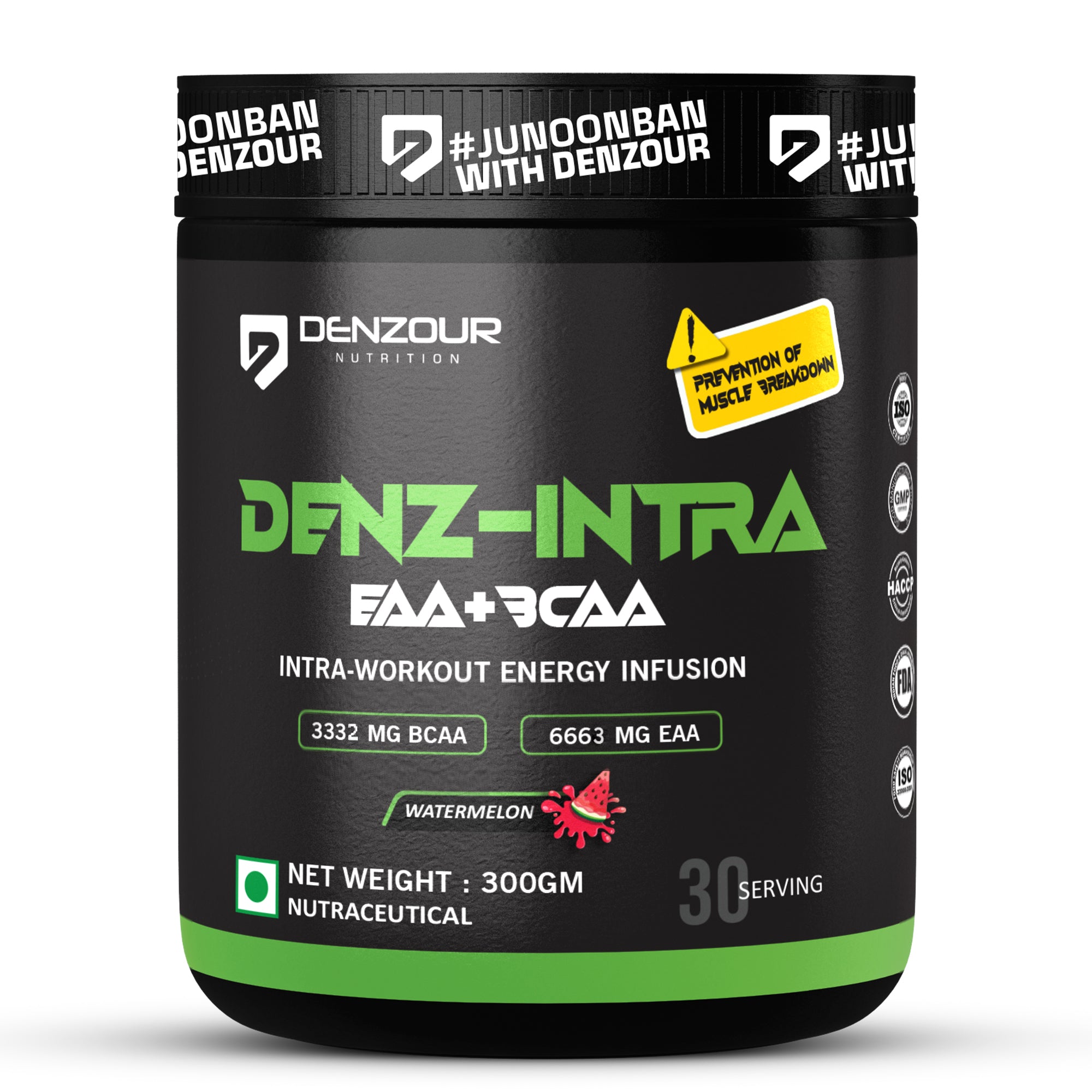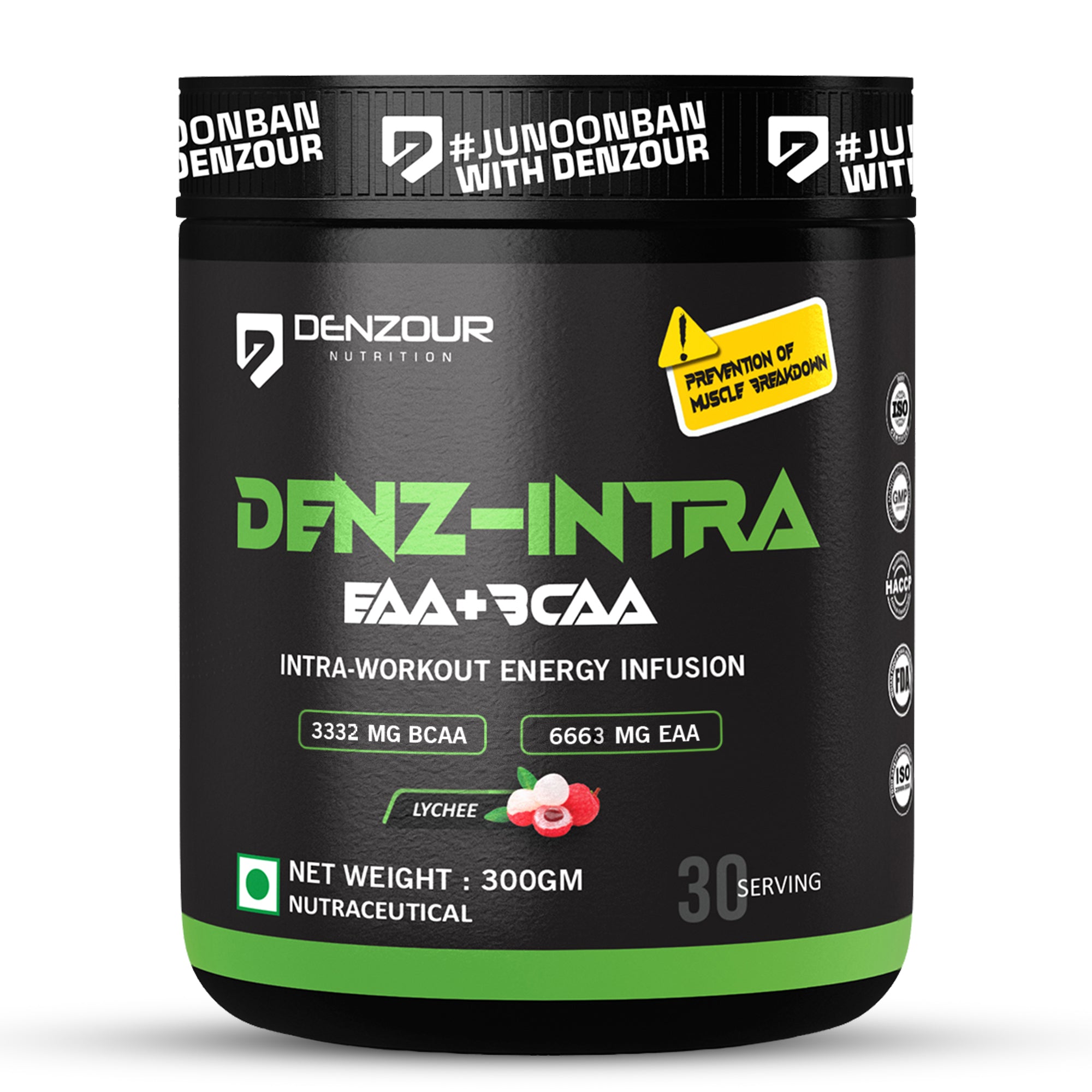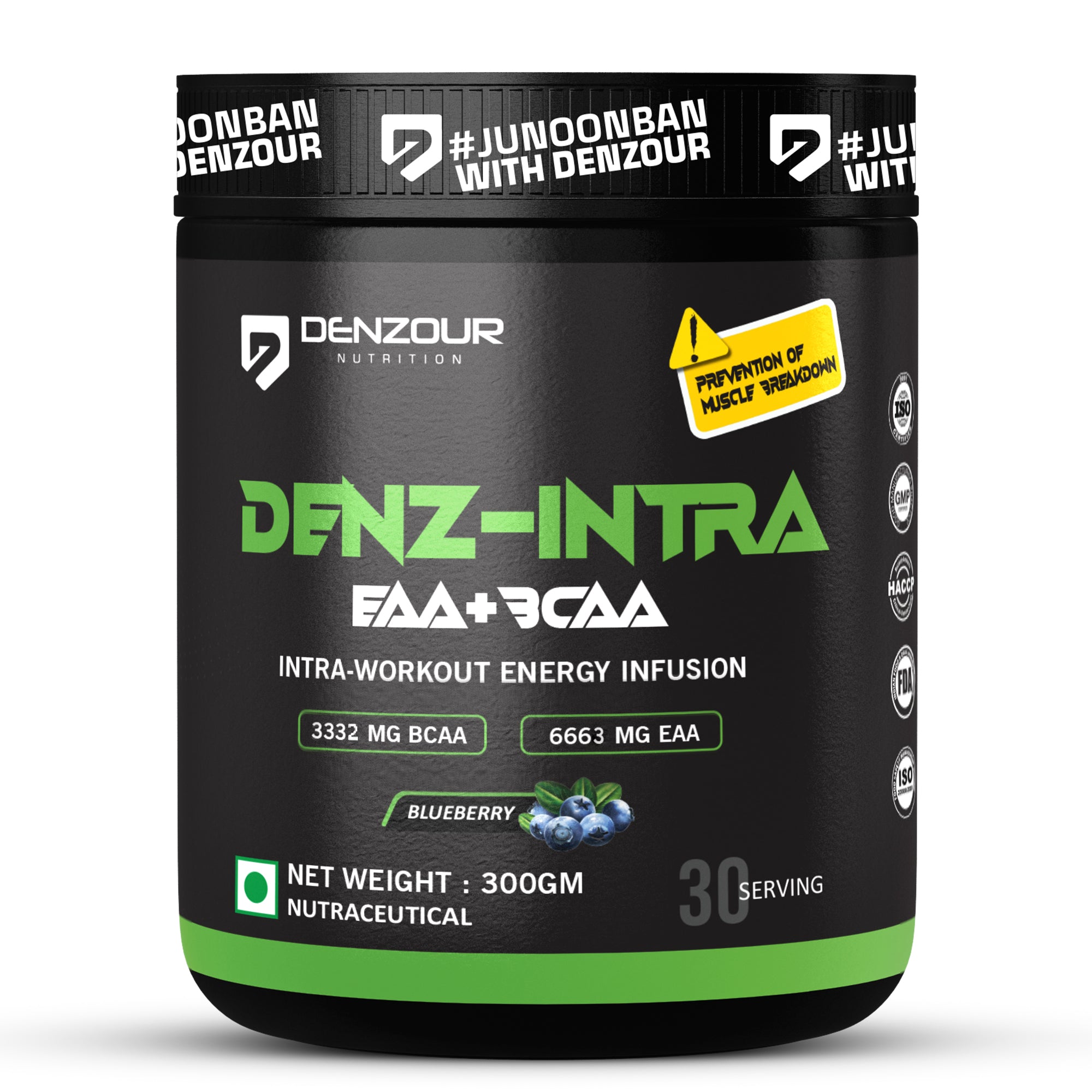Whey protein is one of the most popular supplements in the market today for bodybuilding. It is often touted as a miracle substance that can help you build muscle, lose fat, and improve your overall health benefits.
However, there are also many questions about whey protein and its safety. Some people are concerned that whey protein may cause kidney damage, indigestion, or bloating.
In this article, we will take a closer look at whey protein and its effects on the body. We will also try to give answers to all your queries based on current scientific evidence especially if you are beginners or looking to start whey protein supplement
What is Whey Protein
Protein nutrition is essential for the growth and maintenance of our cells and tissues, and whey protein is one of the most popular types of protein supplements on the market. But what is whey protein, and how does it work in our bodies? Let’s take a deeper dive into it
Whey protein is a type of protein that is derived from milk. It is easily digested and absorbed by the body, making it a popular choice for athletes and bodybuilders who are looking to build muscle mass. Whey protein also contains all of the essential amino acids that our bodies need to function properly.
When we consume whey protein, it is broken down into its individual amino acids and then absorbed into the bloodstream. These amino acids are then used by our cells to build new proteins, repair damage, and perform other vital functions. Whey protein is an excellent source of protein for those who want to grow their muscle fast and improve muscle strength with weight training.
If you are reading this first time about whey protein. Then you should also know that there are mainly 3 types of whey protein available in all protein supplement brands.
- Whey Protein Concentrate - 35-80% Protein -Slow in digestion
- Whey Protein Isolate - 90% Protein - Faster in digestion
- Whey Protein Hydrolysate - More than 90% Protein - Fastest In digestion
Now, Let’s jump straight into your query that you are looking for
Does High Intake of Whey Protein Affect your Kidney Health?
To answer this, first let us know about the role of kidneys in our bodies. The main job of the kidneys is to filter our blood to remove fluids and waste products. We measure the health of the kidneys by looking at the Filtration Rate also known as GFR, which is a measure of the flow of fluid through the kidney.
In a healthy kidney, the filtration rate remains high so that any toxins or waste products in our blood are quickly removed from the blood. In people suffering from any kidney problem, the filtration rate is reduced and there is a risk that waste products remain in the blood for long period of time affect the vital organs of our body
From various controlled studies, we know that within 1 hour of protein consumption like drinking a protein shake, there is a sudden increase in the kidney filtration rate up to 30%. In people who already have kidney damage, the kidneys struggle to cope with this extra workload and in the long term there can be some worsening of kidney damage.
This is the origin of the theory that protein shakes cause kidney damage. It was thought that elevated protein diet could have some negative effects in people who already have kidney damage, then maybe it could also have some negative effects in people who are healthy.
But this is where the logic falls down. Just because something is true in people who have kidney damage, doesn’t mean that it’s also necessarily true in healthy people. We know that a healthy kidney has an incredible ability to adapt. You may have also heard that people can live happily with only one kidney, and that’s because a healthy kidney can easily adapt to a higher workload without any issue.
In fact, a recent article published in November 2018 specifically looked at the effect of a high protein diet in healthy people. They researchers found that high protein diets do not appear to have a negative impact on kidney function in healthy adults.
Could an Elevated Protein Diet Cause Acne?
So let’s look to see if there’s any indirect evidence that could provide some hints about protein intake and acne. In the skin, sebaceous glands are microscopic organs that produce an oily substance called sebum, that normally works to lubricate the skin. In acne, sebum accumulates over a skin pore and converts it into a whitehead.
Some key hormones that influence the activity of sebaceous glands are testosterone, DHT and another molecule called Insulin-like Growth Factor, also referred to as IGF. Testosterone, DHT and IGF all increase the activity of the sebaceous glands and can therefore make acne worse.
We know from earlier that protein probably doesn’t increase testosterone levels. So,let’s cancel them out of the picture.
What about IGF? Well, there is some evidence that milk consumption could increase the levels of IGF and therefore lead to worse acne. There have been a handful of case reports of acne getting worse in young people who were using whey protein. So, it is possible that whey protein may contribute to worsening acne.
This again is not definitive scientifically because the quality of the evidence is quite low. The only suggestion that we have is if you have severe acne, you may want to experiment with using sources of protein other than dairy or whey.
Does a high protein diet cause hair loss?
In men, hair loss occurs because of a combination of genetics and the effect of testosterone. Most of the testosterone in a male body is made in the testes and travels to the hair follicles in the blood.
Here, testosterone is converted into a molecule called Dihydrotestosterone also known as DHT.
In men who are genetically at risk of hair loss, this DHT converts large hair follicles that produce long hair, into smaller follicles that produce very thin hair.
In women, there is some testosterone produced in the ovaries and the process of hair loss is thought to be similar to that of men, but researchers aren’t 100% sure yet. I couldn’t find any direct research looking at protein consumption and hair loss, so we can’t concretely answer this question. But one thing that we can look at is whether elevated protein ingestion causes an increase in Testosterone levels.
Because if there is an increase in testosterone, then it is possible that protein content may increase the risk of hair loss in those who are already genetically at risk. To answer this question, I found a couple of small studies that looked at the effect of protein supplementation on hormone levels. Both of these studies indicate that protein content had no effect on testosterone levels.
This isn’t definitive evidence by any means, but it does suggest that protein powder intake itself probably doesn’t have a direct impact on hair loss. Since the science is a bit sketchy on this point, please do post in the comments if you’ve had an experience that would be useful for other people to know.
Hope, we are able to clear your all doubts. Whey Protein not only helps you to improve your health by helping reduce your risk of heart disease, help in weight loss and improving your cognitive function in adolescent as well as in children. Additionally, it may also help you reduce your risk of developing certain types of cancer. If you are an athlete or someone who wants to improve their health, whey protein is a great choice for you.
Note: If you are suffering from any medical disorder such as high blood sugar, blood pressure etc or getting side effects from your protein supplement. It is recommended that you should medical advice from nutritionist or family physician
For More information you can also Mail us - Info@denzournutrition.com
or Buy 100% Genuine Whey Protein supplement
or
Click to buy Original Whey Protein Online
